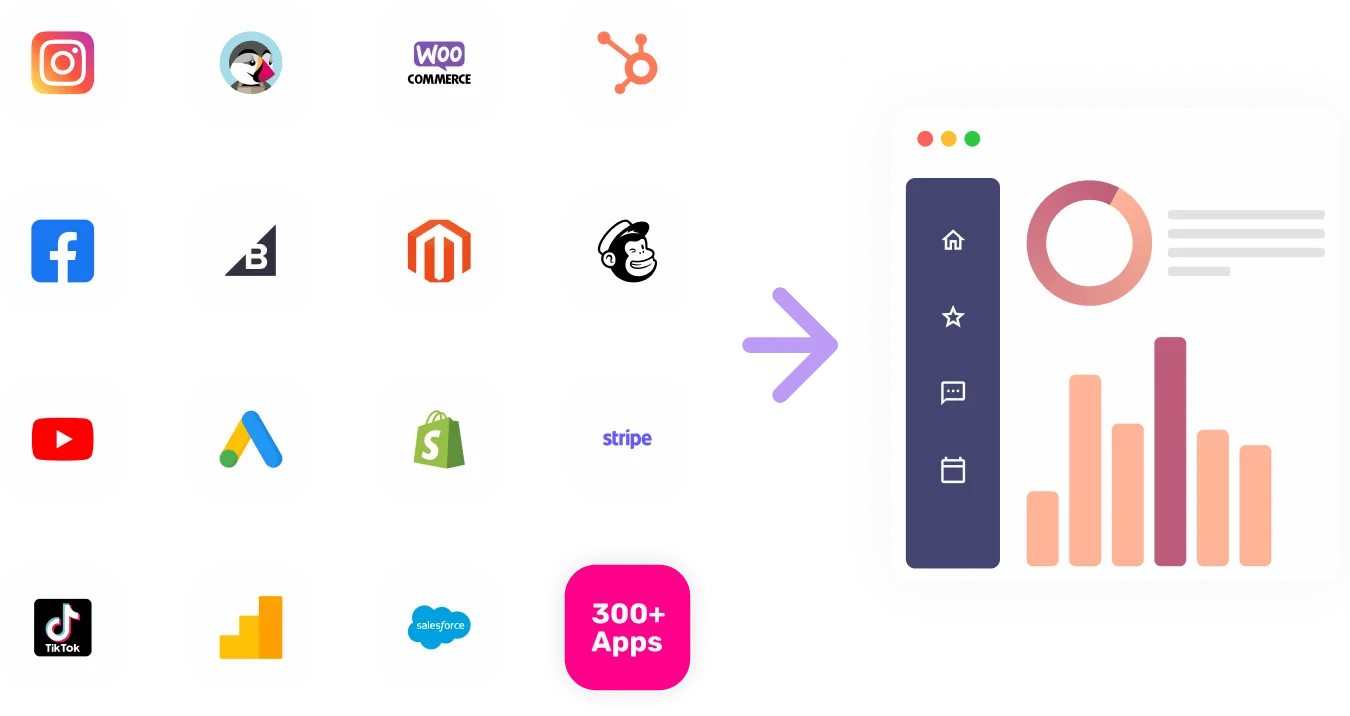Security Journey Data Connector
The Security Journey data connector is a powerful tool that enables seamless integration between your Human Resources systems and our software development security training platform. With this connector, you can easily import and synchronize HR data, ensuring that your employees receive the most relevant and up-to-date security training based on their roles and responsibilities.


Visualize Your Security Journey channel data with Growth Nirvana's Security Journey Connector
Our data connector simplifies the process of managing and delivering security training to your software development teams. By connecting your HR systems to our platform, you can automatically import employee information such as job titles, departments, and roles. This allows us to generate customized training plans tailored to individual employees, ensuring that they receive the specific skills and knowledge needed to effectively contribute to your organization's security posture. Furthermore, the connector enables seamless synchronization of employee data, so changes in HR systems are automatically reflected in our platform, guaranteeing that training remains accurate and up-to-date at all times.
FAQs
What are the most popular metrics in Security Journey to analyze?
Training Completion Rates: Track the percentage of employees who have successfully completed security training.
Skills Improvement: Analyze the progress and improvement of employees' security skills over time.
Training Effectiveness: Measure the impact of security training on reducing vulnerabilities and improving overall security.
Engagement Levels: Monitor employee engagement with the training materials and gauge their level of interaction.
Compliance Metrics: Track adherence to security policies and regulatory requirements through training completion and assessments.
Why analyze Security Journey?
Enhanced Security Awareness: By analyzing training completion rates and skills improvement, you can identify areas of improvement and ensure that your teams have the necessary knowledge and skills to mitigate security threats effectively.
Evidence-based Training Decisions: By assessing the effectiveness of training programs through metrics such as training effectiveness and engagement levels, you can make data-driven decisions to optimize and enhance your security training efforts.
Compliance and Regulatory Requirements: Track compliance metrics to demonstrate adherence to security policies and regulatory requirements, providing evidence of a strong security culture within your organization.
Individualized Learning: With the ability to import employee data, you can offer personalized and role-specific security training, empowering employees with the knowledge necessary to protect sensitive data and prevent security incidents.
Continual Improvement: By regularly monitoring metrics and analyzing training outcomes, you can identify areas of improvement and continuously enhance your security training programs to stay ahead of evolving threats.
